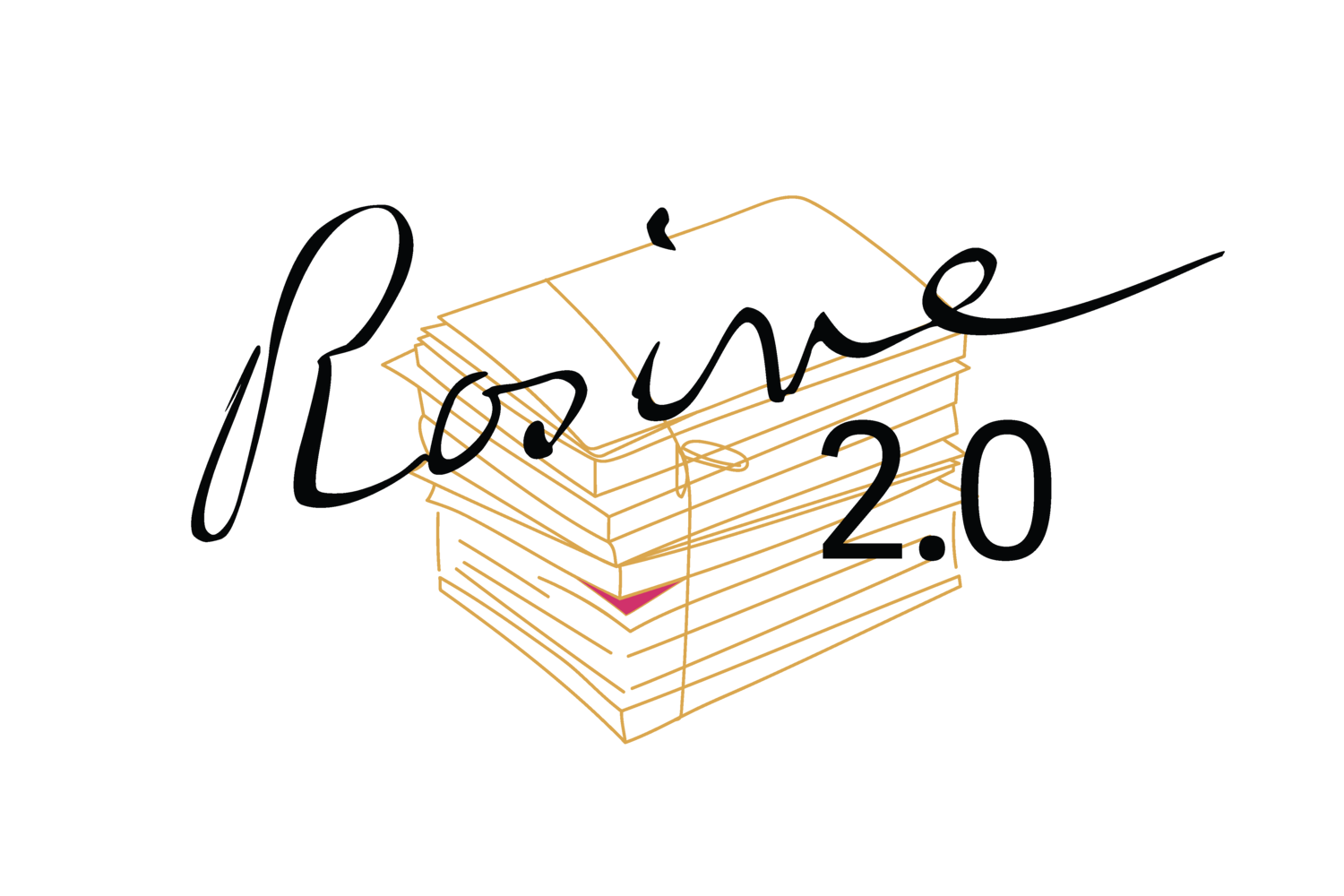The Project
Rosine Association casebook, Mira Sharpless Townsend Papers, RG5/320, Friends Historical Library of Swarthmore College. Photograph by Zissel Aronow.
Rosine Association 2.0, initiated by Swarthmore College, was an interdisciplinary collective of artists, harm reductionists, archivists, and community members involved in today’s street economies, specifically at the intersection of sex work and drug use from 2020-2023.
Rosine 2.0 facilitated harm reduction through the development of new artistic works and a community-based archive.
The socially engaged works served as a lens through which others could seek to understand their neighbors from marginalized communities who are also involved in the street economies of Philadelphia.
Rosine 2.0 was inspired by the original Rosine Association, co-founded in 1847 by Mira Sharpless Townsend, a Philadelphia Quaker activist. The organization was run by women for women to help “females who have wandered from the paths of virtue” (i.e, engaged in sex work and substance use, facing physical abuse and exploitation). Townsend’s papers, acquired by the Friends Historical Library of Swarthmore College in 2019, contain her correspondence, poetry, and other materials related to her activism, including two casebooks documenting the lives of the women she sought to help. The Lang Center provided vision and leadership in activating these archives within living communities through an interdisciplinary collective of artists, harm reductionists, scholars, and community members.
Project Timeline
-
Stage Zero
This stage marked a transition from proposal to project, including: collective members introductions, building collaborative process and trust, initiating a harm reduction plan, and co-designing Rosine School curriculum.
April 2019: Friends Historical Library Acquires Townsend Papers
January 2021: Swarthmore Receives PCAH Grant for Rosine Association 2.0
April 2021: Initial Artist Meeting
April/May 2021: Initial Harm Reduction Organizer Meetings
June/July 2021: Everybody (Full Collective) Meetings
-
Stage One
This stage began the research, exploration, ideation, network mapping, and team creation toward the development of artistic projects.
September 2021: Rosine School Weekend One
October 2021: Rosine School Weekend Two
-
Stage Two
This stage initiated co-development of the work in community through residencies, workshops, and emergent network growth.
February — March 2022: Community-Centered Research and Engagement
March 2022: McCabe Library Mini-Exhibition
April — June 2022: In-Person Activities in Philly
June 2022: Public Art Proposal Creation
-
Stage Three
This stage involved the sharing of ideas and outcomes through exhibitions, public art interventions, and public programs.
March — April 2023: Exhibition
March 15 — March 18 2023: Artist Residencies & Major Programming
The original Rosine focused on serving white cisgender women; Rosine 2.0 sought to expand beyond its predecessor by emphasizing women, trans, and non-binary people and continually working to de-center whiteness in the project. The Rosine 2.0 team also recognized that the original Rosine Association is freighted with outdated judgments they did not share. They did not gloss over these differences but confronted them.
Photograph by Zissel Aronow.


